Publicerad av Aftonbladet 7/2 2025:
163 universitetsanställda ställer sig bakom studenters krav att påskynda förändringen av högre utbildning så att studenterna som medborgare och i sina framtida yrkesliv ska kunna bidra till en samhällsomställning för hållbarhet. Dessa krav har studenterna tidigare uttryckt i ett öppet brev till rektorerna vid samtliga svenska lärosäten och de inkluderar bland annat tvärdisciplinära utbildningar och ökat studentinflytande för att skapa en hållbar samhällsomställning.
Medan alltmer alarmerande forskningsresultat visar att mänskligheten står inför en existentiell kris på grund av klimatförändringar, förlust av biologisk mångfald och överskridandet av ytterligare planetära gränser så sker mycket arbete vid svenska universitet och högskolor fortfarande som om dessa kriser inte existerade. Det gäller inte minst undervisningen. I ett öppet brev skickar representanter för 13 olika studentkårer en uppmaning till landets rektorer att påskynda processen att göra utbildningen mer relevant, en uppmaning som vi forskare och lärare vid universitetet och högskolor ställer oss helhjärtat bakom.
Brevet är resultatet av en workshop som genomfördes i oktober 2024, där representanter för studentkårerna och Klimatnätverkets arbetsgrupp för lärande för hållbar utveckling diskuterade hur universitetens utbildningar behöver förändras för att bättre förbereda studenterna för att vara en aktiv och kunnig del av den samhällsomställning som krävs för en hållbar och rättvis framtid.
Klimatnätverket är ett nationellt nätverk av universitet och högskolor som bland annat syftar till att stärka samarbetet och utbytet mellan lärosätena inom klimatområdet och underlätta för lärosätena att uppfylla sin del av Parisavtalet. Klimatnätverkets arbete bedrivs i olika fokusgrupper varav en är lärande för hållbar utveckling.
De allvarliga och omfattande brister som studenterna identifierade i dagens utbildningssystem är:
- att det saknas förståelse och acceptans för att utbildningarna behöver förändras i grunden om de ska kunna utbilda studenter att bidra till en hållbar värld. Därmed saknas också vilja och beslutsamhet till sådan förändring.
- att akademin, som står som garant för mycket av kunskapen kring klimat- och miljöutmaningarna, inte fullt ut är med och driver samhällsomställningen.
- att alla utbildningar inte lyfter frågor om hållbarhet och dess komplexitet eller karaktäriseras av lärande för hållbar utveckling, samt att det saknas progression i lärandet för hållbar utveckling.
Studenterna kräver att utbildningarna förändras på följande sätt:
- att utbildningar designas, både med avseende på innehåll och pedagogik, med utgångspunkt i de hållbarhetsutmaningar som världen står inför, så att studenternas kompetenser därigenom är aktuella och relevanta för samhällets hållbarhetsutmaningar.
- att utbildningar inkluderar tvärdisciplinära möten och kurser där studenter får arbeta med lösningar till verkliga uppdragsgivare och deras samhällsutmaningar.
- att alla lärare och personer i ledande roller på våra lärosäten får kompetens om lärande för hållbar utveckling och om lärosätenas ansvar och möjligheter att bidra till samhällsomställning genom lärande för hållbar utveckling.
Studenterna anser att de har en central roll i det förändringsarbetet och att deras initiativ och engagemang måste tas på allvar. De uttrycker i brevet att deras röster ibland inte får gehör. De uttrycker att det är avgörande att:
- lärosätena i större grad efterfrågar och tar tillvara studenternas kompetens i utformningen och genomförandet av de förändringar av kurser och utbildningsprogram som behövs,
- studenternas röster tas på allvar i informella och formella sammanhang och att studentinflytande meriteras som en del av utbildningarna,
- Sveriges lärosäten gemensamt etablerar ett Forum för transformation av högre utbildning för ett större ansvarstagande för framtiden där både studenter, lärare, utbildningsforskare och universitetsledningar finns representerade.
Vi håller med studenterna och tycker att det är viktigt att tillmötesgå deras krav. Vi uppmanar er som rektorer att påskynda denna förändringsprocess, så att de kunskaper och färdigheter som studenterna får med sig från våra lärosäten förbereder dem väl för deras framtida yrkesroller, inklusive att ge dem verktyg och möjlighet att aktivt bidra till en hållbar samhällsomställning. Ett nära samarbete mellan alla svenska högskolor och universitet, studenter och relevanta samhällsaktörer är avgörande för att lyckas med denna omställning. Vi som undertecknar denna text är beredda att bidra till denna förändring men behöver också ett helhjärtat stöd från ledningarna vid de högskolor och universitet där vi är verksamma för att lyckas.
Jeannette Eggers, forskare i skoglig planering, Sveriges lantbruksuniversitet
Glenn Bark, universitetslektor i malmgeologi, Luleå tekniska universitet
Esther Hauer, universitetslektor i pedagogik i arbetslivet, Uppsala universitet
Karin Gerhardt, forskare i biologisk mångfald, Sveriges lantbruksuniversitet
Anne-Kathrin Peters, docent i teknikvetenskapens lärande, KTH
Ben Kenward, universitetslektor i psykologi, Uppsala universitet
Isabelle Letellier, universitetslektor i barn och ungdomsvetenskap, Stockholm universitet
Sverker Molander, professor i miljösystem och risk, Chalmers Tekniska Högskola
Maria Hylberg, doktorand, Barn- och ungdomsvetenskapliga institutionen, Stockholms universitet
Cecilia Enberg, universitetslektor, Linköpings universitet
Malin Östman, kurssamordnare, CEMUS, Uppsala universitet
Ulrika Persson-Fischier, PhD, Excellent lärare, adjunkt, Uppsala universitet
Johanna Nygren Spanne, civ.ing, adjunkt, programansvarig för Miljövetarprogrammet – Människa, Miljö, Samhälle, Malmö universitet
Fredrika Mårtensson, Människa och samhälle, universitetslektor, Sveriges lantbruksuniversitet
Hannu Larsson, universitetslektor i informatik, Örebro universitet
Diana Holmqvist, universitetslektor i pedagogik och vuxnas lärande, Linköpings universitet
Johanna Björklund, universitetslektor i miljövetenskap, Örebro universitet
Ewa Livmar, Kurssamordnare, CEMUS, Uppsala universitet
Helena Fornstedt, postdoktor med undervisningsansvar, Uppsala universitet
Carin Cuadra, professor i socialt arbete, Malmö universitet
Mirjam Glessmer, universitetslektor och pedagogisk utvecklare, Lunds Universitet
Felix-Sebastian Koch, docent, Linköpings Universitet
Emilia Åkesson, fil. dr pedagogik, postdoktor i genusvetenskap, Umeå Universitet
Max Koch, professor i socialpolitik och hållbarhet, Lunds universitet
Jayeon Lee, universitetslektor i socialt arbete, Göteborgs universitet
Naghmeh Nasiritousi, docent, Linköpings universitet
Lena Sawyer, docent i socialt arbete, Göteborgs universitet
Stephanie Rost, doktorand, Göteborgs universitet
Klara Bolander Laksov, professor, Stockholms universitet
Anders Rosén, universitetslektor i ingenjörsutbildning, KTH
Per Andersson, professor i pedagogik, Linköpings universitet
Cecilia Josefsson, doktorand och universitetslärare, Uppsala universitet
Marie Kvarnström, konsulent, SLU Centrum för biologisk mångfald
Charlotte Ponzelar, doktorand i didaktik, Uppsala universitet
Natalie Jellinek, pedagogisk utvecklare, Undervisning och Lärande, Karolinska Institutet
Rhiannon Pugh, universitetslektor i innovation, Lunds universitet
Matilda Karlsson, doktorand i socialt arbete, Göteborgs universitet
Christoffer S. Kanarp, forskare i miljökommunikation, Sveriges lantbruksuniversitet
Anna-Lena Sahlberg, universitetslektor i fysik, Lunds universitet
Cecilia Lalander, docent i teknologi, Sveriges lantbruksuniversitet
Charlotta Delin, pedagogisk utvecklare, KTH
Johanna Spångberg, forskare hållbar livsmedelsproduktion, Sveriges lantbruksuniversitet
Martina Angela Caretta, universitetslektor och docent inom kulturgeografi, Lunds universitet
Iann Lundegård universitetslektor och docent i nv-ämnenas didaktik Stockholms universitet
Fredrik Björk, adjunkt i miljövetenskap och doktorand i miljöhistoria, Malmö universitet
Manuel Fernández Santana, doktorand, Linköpings universitet
Susanna Sternberg Lewerin, professor i epizootologi & smittskydd, Sveriges lantbruksuniversitet
Kajsa Emilsson, forskare i socialpolitik och hållbarhet, Lunds universitet
Sara Gabrielsson, universitetslektor i hållbarhetsvetenskap, Lunds universitet
Helena Röcklinsberg, docent i etik, universitetslektor i djuretik, Sveriges lantbruksuniversitet
Jana Weiss, docent i miljökemi, Stockholms universitet
Brita Sundelin, docent i miljövetenskap, Stockholms universitet
Nike Lindhe, doktorand i klinisk psykologi, Linköpings universitet
Hulda Karlsson-Larsson, doktorand i psykologi, Linköpings universitet
Ola Uhrqvist, universitetslektor, Linköpings universitet
Carole Chappuis, doktorand i naturvetenskapernas didaktik, Linköpings universitet
Joëlle Rüegg, professor i miljötoxikologi, Uppsala universitet
Johanna Lundström, forskare i skoglig planering, Sveriges lantbruksuniversitet
Arthur Rohaert, doktorand i brandteknik, Lunds universitet
Susanne Antell, universitetsadjunkt i naturvetenskap, Högskolan Dalarna
Ingrid Strid, forskare och lärare vid Sveriges lantbruksuniversitet, Uppsala
Tullia Jack, biträdande lektor, docent, Tjänstevetenskap, Lunds Universitet
Felicia Garcia, pedagogisk utvecklare, Högskolepedagogiskt centrum, Örebro universitet
Muriel Côte, universitetslektor och docent inom kulturgeografi, Lunds universitet
Katarina Andreasen, docent i biologi, Uppsala universitet
Agnes Hamberger, doktorand i utbildningssociologi, Uppsala universitet
Elenor Kaminsky, universitetslektor, docent i Folkhälsa vid Uppsala universitet
Eva Friman, forskare & programchef, Centrum för hälsa och hållbarhet, Uppsala universitet
Jessika Richter, biträdande universitetslektor i hållbar konsumtion, Lunds universitet
Yulia Vakulenko, universitetsadjunkt i förpackningslogistik, Lunds universitet
Åke Hestner, universitetsadjunkt i Matematikdidaktik, Högskolan Dalarna
Karin Steen, universitetslektor, Centrum för studier av uthållig samhällsutveckling/LUCSUS och pedagogisk utvecklare, Avdelningen för högskolepedagogisk utveckling, Lunds Universitet
Anton Grenholm, samordnare för miljö- och hållbarhetsfrågor, Högskolan Dalarna
Thomas Hickmann, biträdande universitetslektor i statsvetenskap, Lunds universitet
Rolf Larsson, professor i tillämpad matematik och statistik, Uppsala Universitet
Björn Victor, professor i datalogi, Uppsala universitet
Ronny Alexandersson, doktor i biologi, Uppsala universitet
Frederik Aagaard Hagemann, doktorand inom urban landskapsplanering, Sveriges lantbruksuniversitet
Kathrin Zeller, docent och universitetslektor i immunteknologi, Lunds Universitet
Ida Wallin, forskare och lärare, Sveriges lantbruksuniversitet
Kevin Noone, professor emeritus i kemisk meteorologi, Stockholms universitet
Magdalena Malm, forskare inom proteinvetenskap, KTH
Anna Malmquist, docent i psykologi, Linköpings universitet
Kristina Boréus, professor i statskunskap, Uppsala universitet
Romina Martin, forskare och lärare i hållbarhet, Stockholm Universitet
Stephanie Carleklev, universitetslektor i design, Linnéuniversitetet
Caroline Greiser, forskare och lärare i landskapsekologi, Stockholm universitet
Patrik Andersson, professor i miljökemi, Umeå universitet
Eva-Maria Nordström, universitetslektor i skoglig planering, Sveriges lantbruksuniversitet
Veronica Flodin, universitetslektor i naturvetenskapernas didaktik, Stockholms universitet
Martin Hultman, docent i vetenskaps-, teknik och miljöstudier, Chalmers Tekniska Högskola
Sachiko Ishihara, doktorand i kulturgeografi, Uppsala universitet
Patrik Oskarsson, docent i landsbygdsutveckling, Sveriges lantbruksuniversitet, Uppsala
Johanna Lönngren, docent i teknikdidaktik, Umeå universitet
Per Adman, docent och universitetslektor, Uppsala universitet
Tomas Persson, docent i matematik, Lunds tekniska högskola, Lunds universitet
Marie Bengtsson, professor i kemi med inriktning mot kemisk ekologi, Sveriges lantbruksuniversitet
Ebba Malmqvist, docent i miljömedicin, Lunds universitet
Anna Scaini, forskare och lärare i vattenresurser, Stockholms universitet
Cecilia Sundberg, universitetslektor i bioenergisystem, Sveriges lantbruksuniversitet
Juan Samper, doktorand i hållbarhetsvetenskap, Lunds universitet
Stefano Manzoni, professor i ekohydrologi, Stockholms universitet
Göran Finnveden, professor i miljöstrategisk analys, KTH
Hanna Grauers Wiktorin, postdoktor, Uppsala Universitet
Göran Bolin, professor i medie- och kommunikationsvetenskap, Södertörns högskola
Michael Gilek, professor i miljövetenskap, Södertörns högskola
Kristina Riegert, professor i journalistik, Södertörns högskola
Maria Wolrath Söderberg, docent i retorik, Södertörns högskola
Daniel Pargman, docent i medieteknik med inriktning mot hållbarhet, KTH
Jonas Andersson, docent i medie- och kommunikationsvetenskap, Södertörns högskola
Maria Niemi, docent i folkhälsovetenskap, Karolinska Institutet
Isabel Löfgren, lektor i medie- och kommunikationsvetenskap, Södertörns högskola
Klas Ytterbrink Nordenskiöld, doktorand i medicin, Karolinska Institutet
Stina Bengtsson, professor i medie- och kommunikationsvetenskap, Södertörns högskola
Rikard Hjorth Warlenius, docent i samhällsvetenskapliga miljöstudier, Södertörns högskola
Peter Dobers, professor i företagsekonomi, dekan för fakultetsnämnden 2016-2022, Södertörns högskola
Tommy Jensen, professor i företagsekonomi, Stockholms Universitet
Birgitta Schwartz, professor i företagsekonomi, Stockholms Universitet
Marita Cronqvist, docent i pedagogiskt arbete, Högskolan i Borås
Ulf Bergström, docent i marin ekologi, Sveriges lantbruksuniversitet
Hervé Corvellec, professor i företagsekonomi, Lunds Universitet
Erik Månsson, universitetslektor, Handelshögskolan vid Karlstads Universitet
Henrik Loodin, fil. dr. sociologi, Lunds universitet
Sara Persson, postdoc i företagsekonomi, Södertörns högskola
Matilda Dahl, docent i företagsekonomi Uppsala universitet
Matilda S. Watz, biträdande universitetslektor i strategisk hållbar utveckling, Blekinge Tekniska Högskola
Åsa Cajander, professor i människa-datorinteraktion, Uppsala universitet
Herman Stål, docent företagsekonomi, Handelshögskolan vid Umeå universitet
Kristin Caravelli-Svärd, doktorand i företagsekonomi, Karlstads Universitet
Helén Williams, docent i miljö- och energisystem, Karlstads universitet
Henrietta Palmer, arkitekt och forskare, Göteborgs Universitet
Göran Broman, professor i maskinteknik, Blekinge Tekniska Högskola
Fredrik Wikström, professor i Miljö- och energisystem, Karlstads universitet
Maria Berge, universitetslektor vid Institutionen för naturvetenskapernas och matematikens didaktik, Umeå universitet
Annette Risberg, gästprofessor i organisation, Malmö Universitet
Markus Schneider, universitetspedagogiska enheten, Karlstads universitet
Michael Håkansson, Lektor i didaktik, Stockholms universitet
Alexis Engström, pedagogisk utvecklare, Mittuniversitetet
Cecilia Åsberg, professor i genus, natur, kultur, The Posthumanities Hub, Linköpings universitet
Sven Borén, Lektor i Strategisk Hållbar Utveckling, Blekinge Tekniska Högskola
Michael Johansson, Forskare Tjänstevetenskap, Lunds universitet
Per Knutsson, lektor i humanekologi, Göteborgs Universitet
Anette Strömberg, universitetslektor innovationsteknik, Mälardalens universitet
Kjell Vowles, postdoktor, Göteborgs universitet.
Cecilia Bratt, lektor i strategisk hållbar utveckling, Blekinge Tekniska Högskola
Annika Olofsdotter Bergström, Lektor Medieteknik, Södertörns Högskola
Nina Wormbs, professor i teknikhistoria, KTH
Adam Wickberg, docent i historiska studier av teknik, vetenskap och miljö, KTH
Alexandra D’Urso, pedagogisk utvecklare på Sveriges lantbruksuniversitet och forskare i pedagogik
Merlina Missimer, docent i Strategisk Hållbar Utveckling, Blekinge Tekniska Högskola
Jenny Helin, docent i företagsekonomi, Rektorsråd för Uppsala universitet Campus Gotland
Annie Gregory, doktorand, Uppsala Universitet
Pernilla Ouis, fil. dr. i humanekologi och professor i socialt arbete vid Högskolan i Halmstad
Lars Hedegård, universitetslektor i företagsekonomi, Högskolan i Borås
Hampus Holmström, analytiker, Sveriges lantbruksuniversitet
Dana Bergman, universitetsadjunkt på institutionen för strategisk hållbar utveckling på Blekinge Tekniska Högskola
Birgit Penzenstadler, Associate Professor for Software Engineering, Chalmers Tekniska Högskola and University of Gothenburg
Carl-Gustaf Bornehag, professor i folkhälsovetenskap, Karlstads universitet, Icahn School of Medicine at Mount Sinai, NY, USA
Malin Knutz, PhD folkhälsovetenskap, Karlstads universitet, programledare för “Hälsa, miljö och samhälle” samt Masterprogrammet i folkhälsovetenskap.
Helena Pedersen, docent i pedagogik, programledare för Masterprogrammet i Education for Sustainable Development, Göteborgs universitet
Carolina Jernbro, docent i folkhälsovetenskap, Karlstads universitet
Åsa Bringsén, lektor i folkhälsovetenskap och programområdesansvarig för Folkhälsovetenskapligt program med inriktning beteendevetenskap, Högskolan Kristianstad.
Ingemar Jönsson, professor i ekologi, Högskolan Kristianstad.
Samuel Petros Sebhatu, universitetslektor, Handelshögskolan vid Karlstads Universitet
Petra Nilsson Lindström, biträdande professor i hälsovetenskap, Högskolan Kristianstad
Lena Gumaelius, docent i teknikvetenskapens lärande, KTH

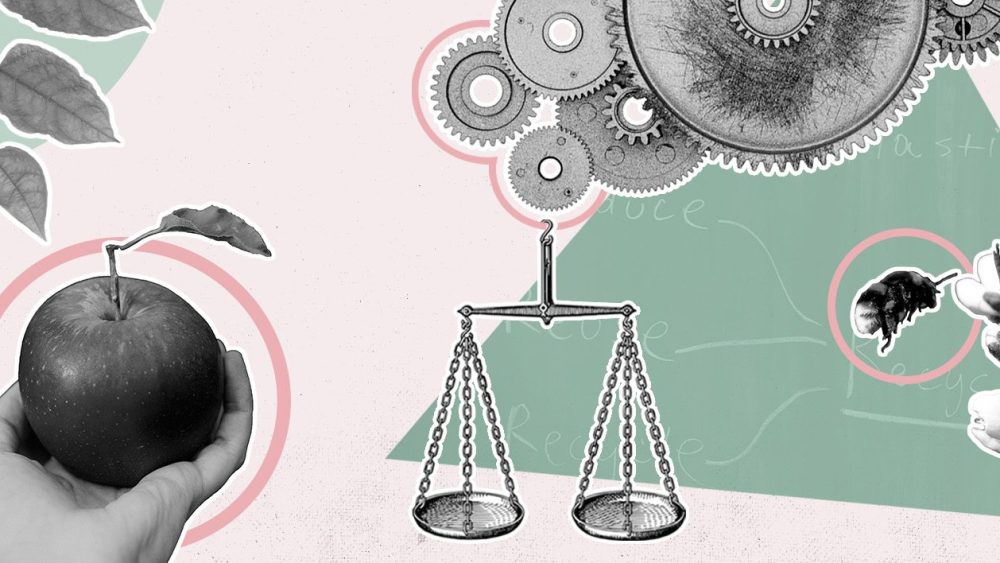
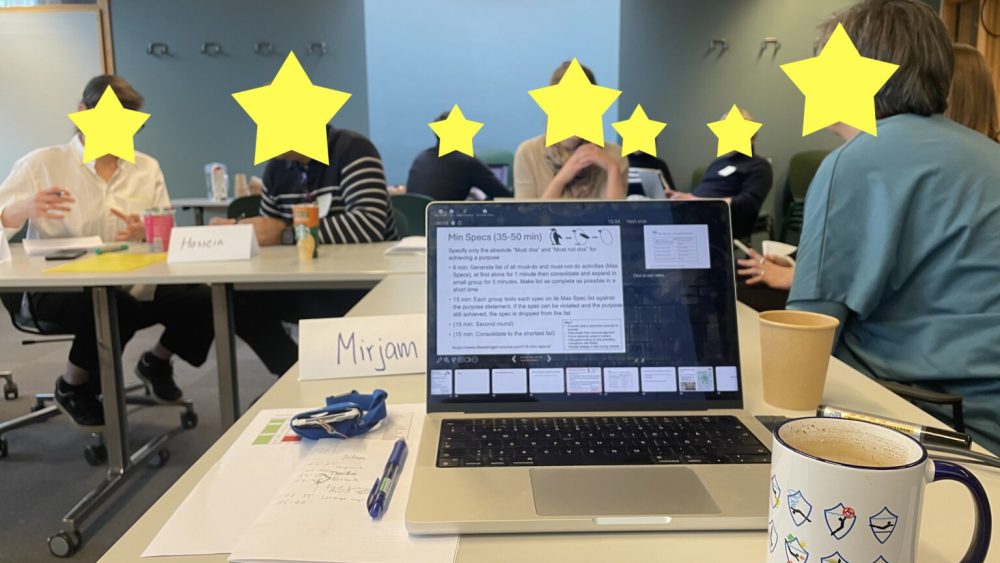
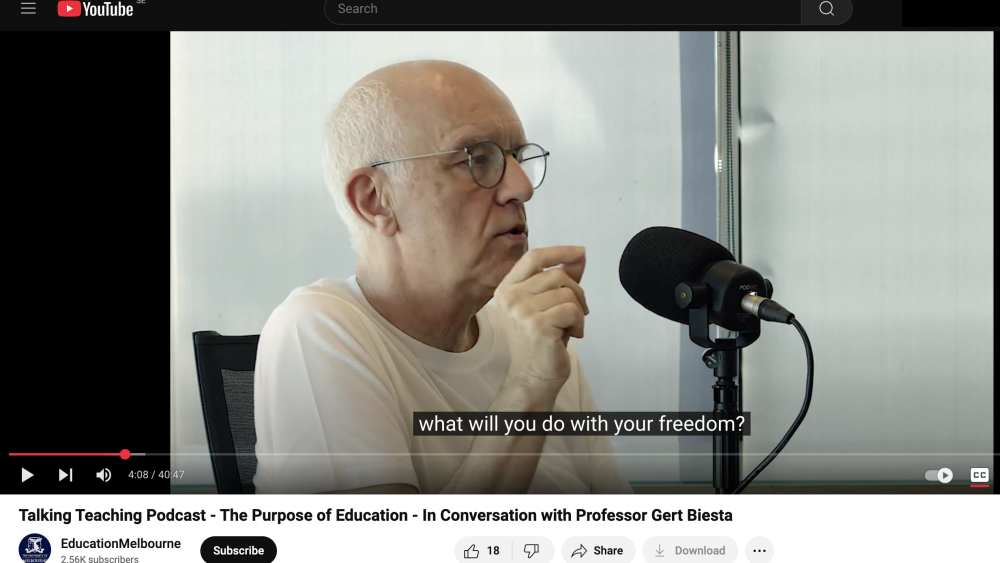
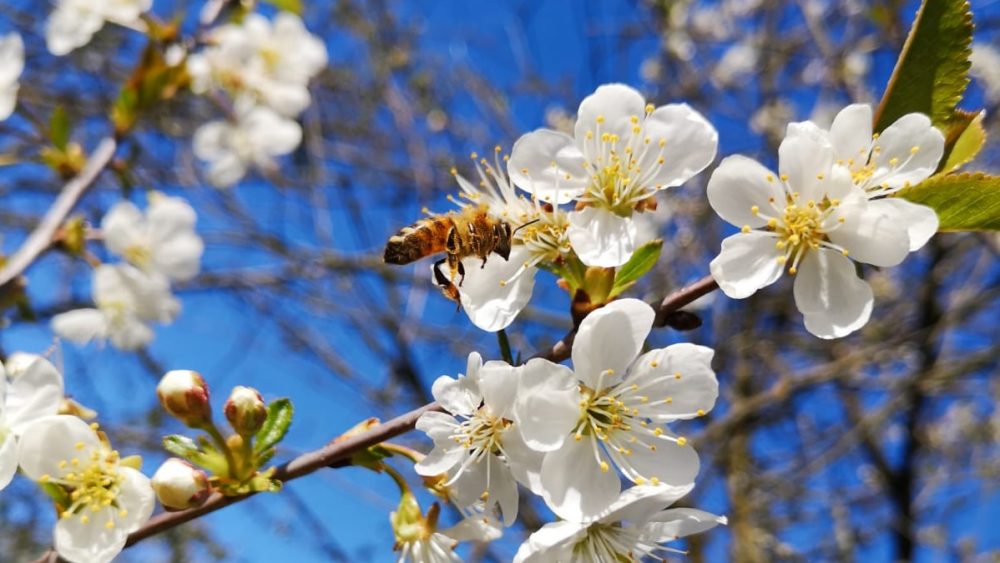
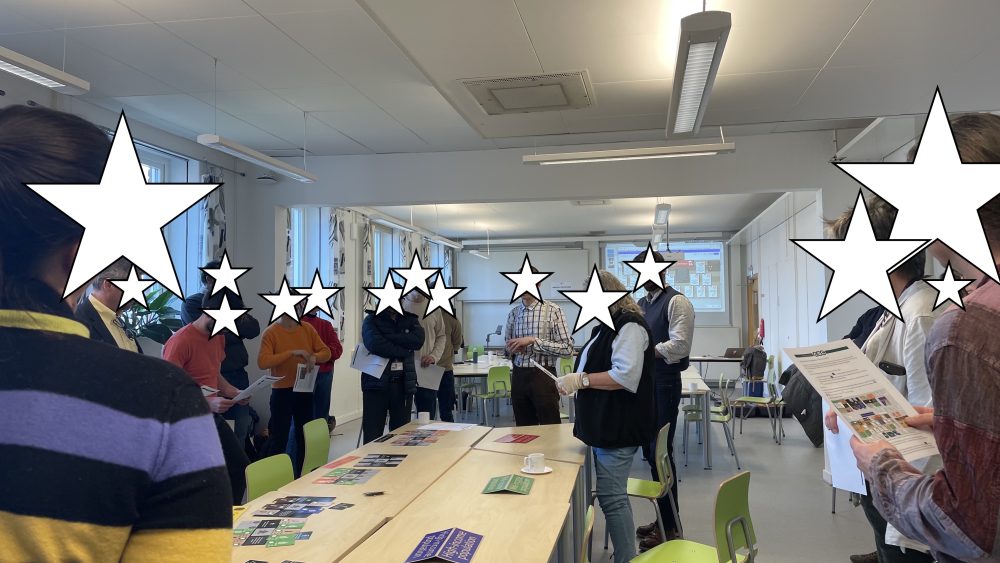
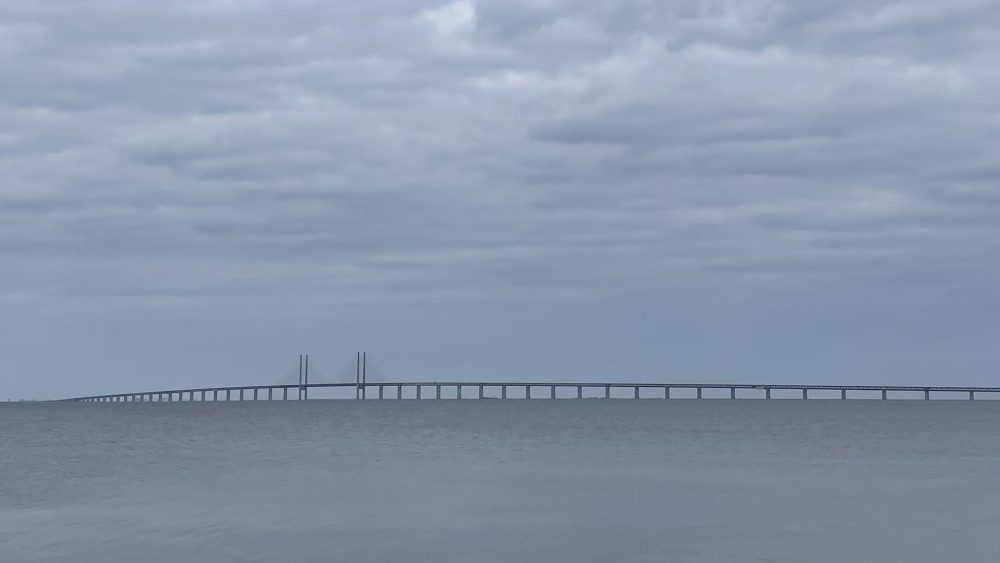

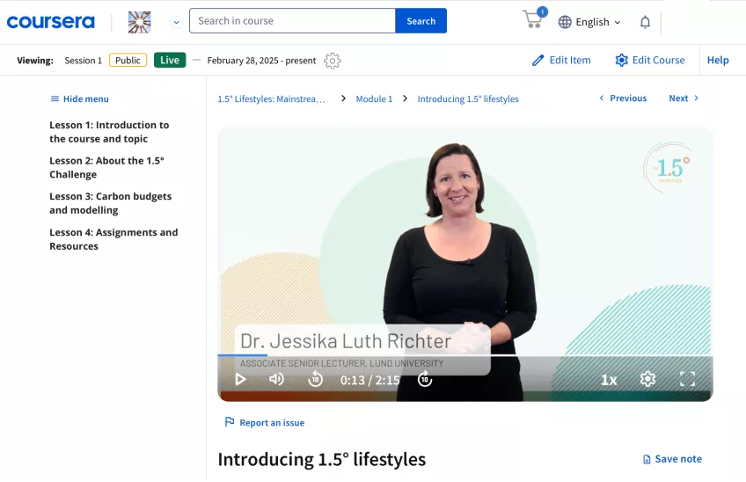

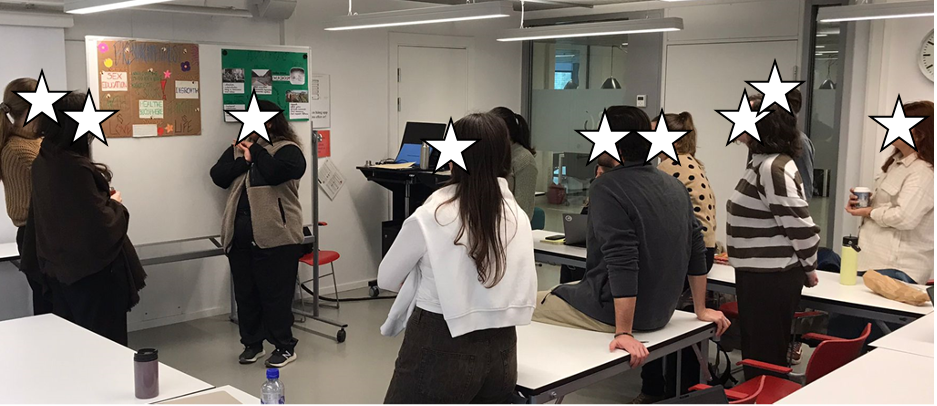
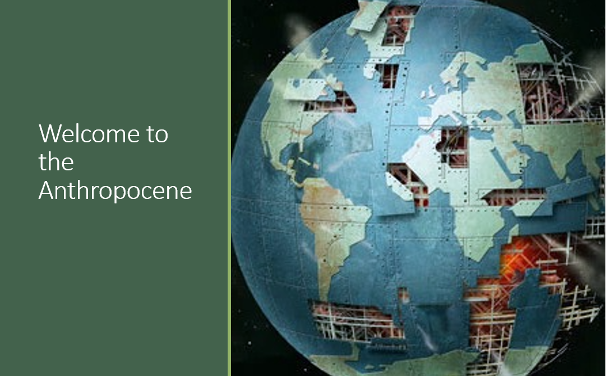
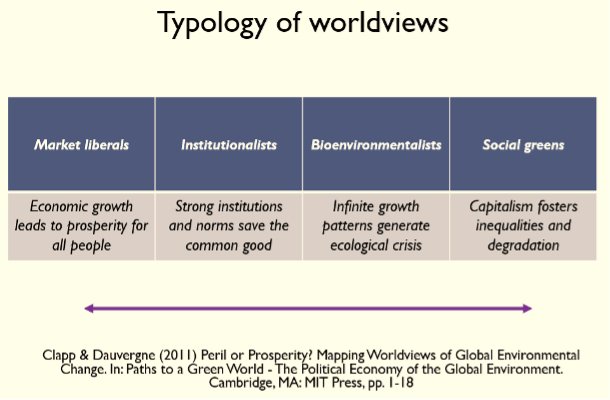
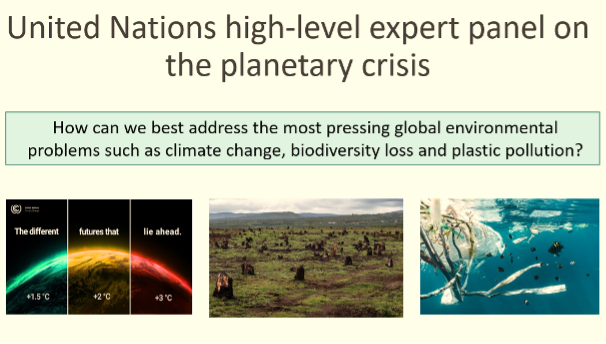
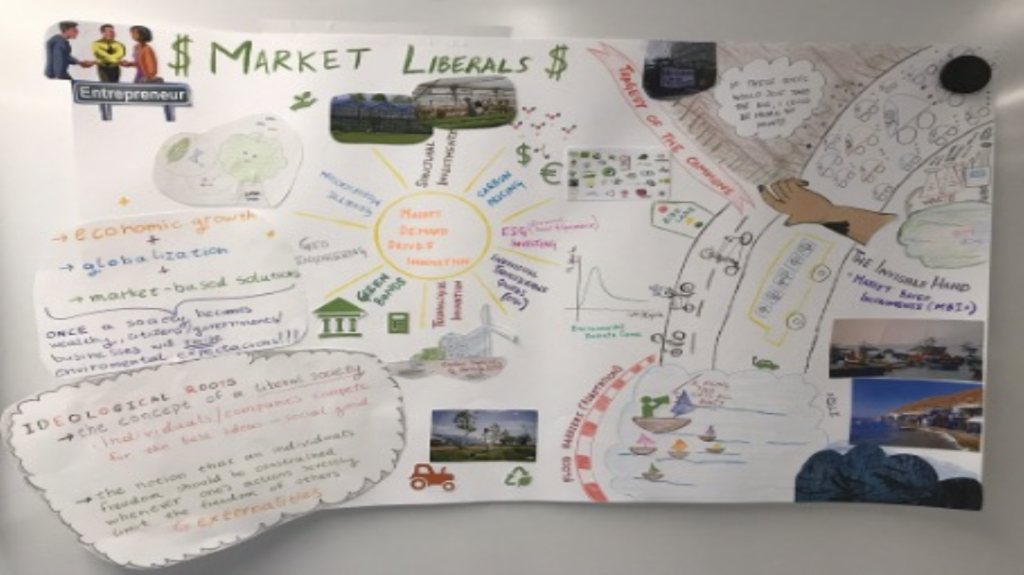
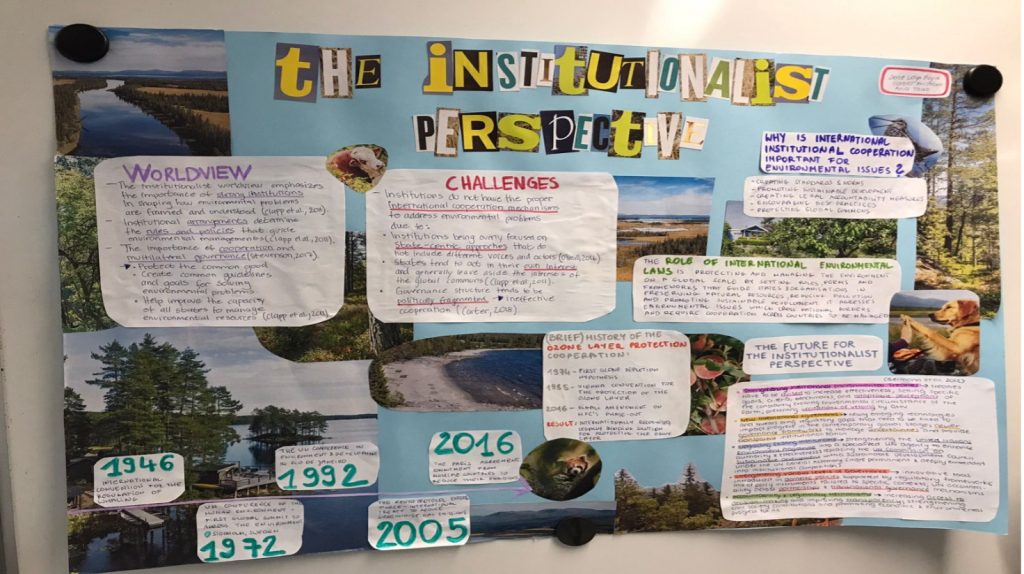
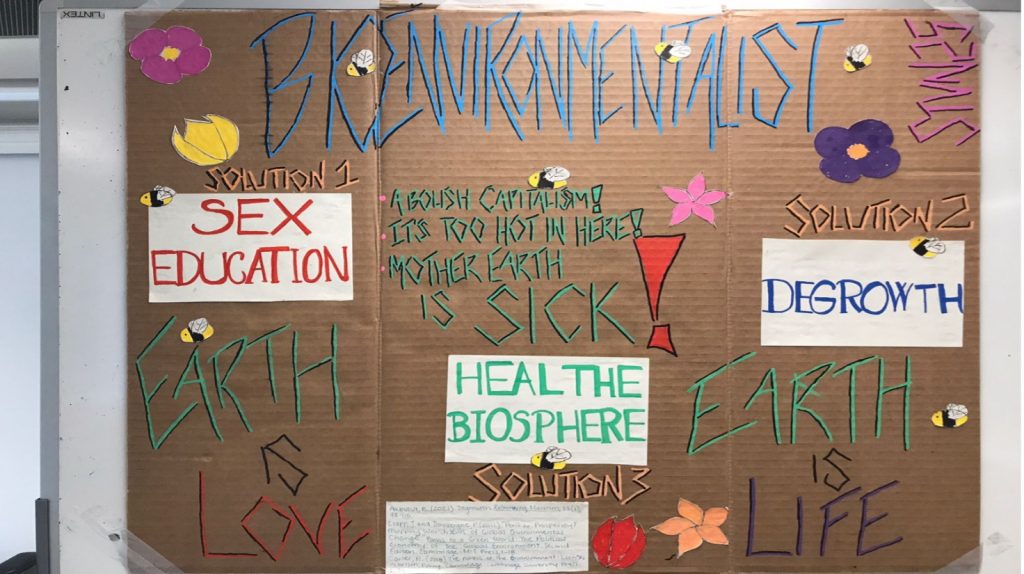
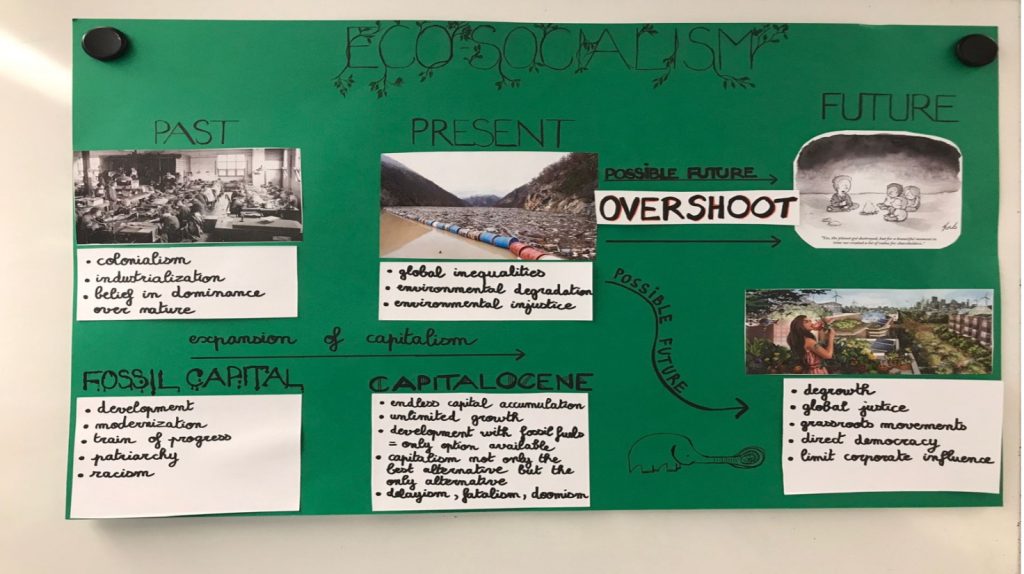
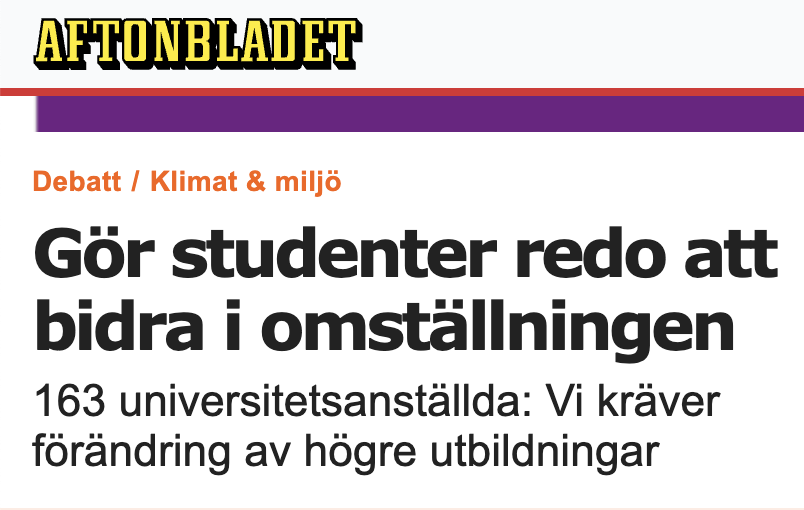
Comments